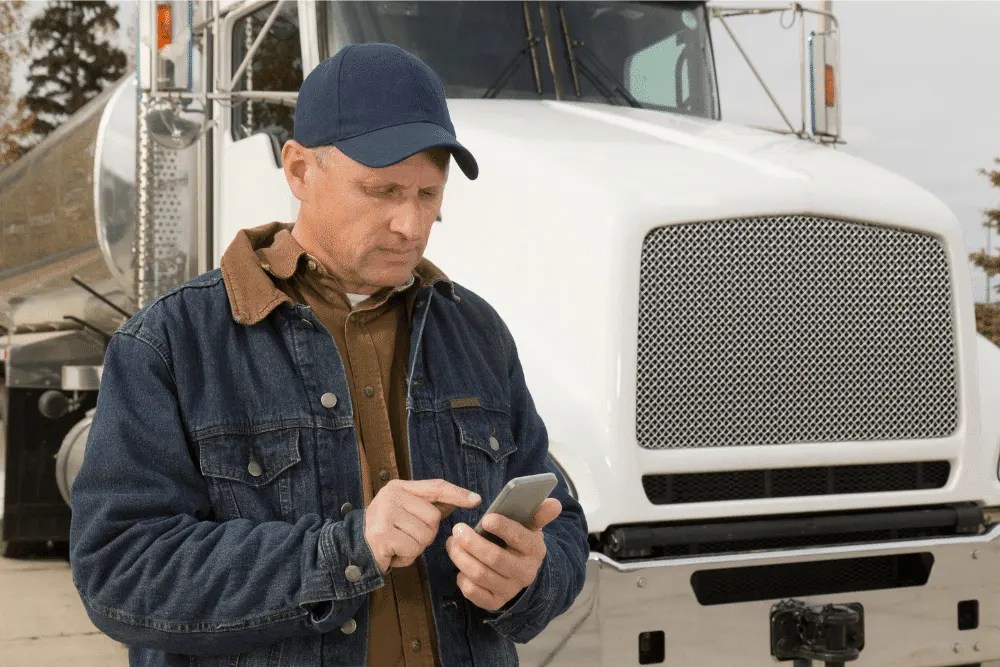
Read Bio
John J. Perconti is one of the nation’s leading medical malpractice attorneys with over 40 years of experience litigating medical malpractice and personal injury cases in state and federal courts. He studied pre-med before law school, which gave him an in-depth understanding of complex medical issues that have played an important role in his success. Having lost his father at age nine, he understands how injuries and deaths affect families. He has won numerous multimillion-dollar record verdicts. His honors and awards include a Lead Counsel Rating in Elder Law, Best Lawyers in America, and Illinois Super Lawyers.
Read Bio
John J. Perconti is one of the nation’s leading medical malpractice attorneys with over 40 years of experience litigating medical malpractice and personal injury cases in state and federal courts. He studied pre-med before law school, which gave him an in-depth understanding of complex medical issues that have played an important role in his success. Having lost his father at age nine, he understands how injuries and deaths affect families. He has won numerous multimillion-dollar record verdicts. His honors and awards include a Lead Counsel Rating in Elder Law, Best Lawyers in America, and Illinois Super Lawyers.
Picture this: you are driving along the road when you are suddenly involved in an auto accident, a horrible one. Suppose you incur a lot of medical expense and miss work for several weeks. The damages are extravagant. Now suppose the court finds that you were partially at fault for the accident and rule that you are not entitled to compensation!
The above scenario would hold true in five states, but, luckily, not here in Illinois. Illinois uses a comparative fault approach negligence claims/cases. We will delve into this concept below. First, however, if you are injured from a car accident at the fault of another person, it is imperative that you hire an experienced attorney for your case.
Illinois’ Comparative Fault Act
Per 735 ILCS 5/2-1116, in Illinois, if you are involved in an auto accident with another vehicle, or vehicles, and bodily injury or property damage is suffered, the responsibility of such accident will be shared. In other words, comparative negligence determines who will be the recipient of compensation from the accident and how much will be owed to that person (Claimant).
Comparative fault comes into play when the claimant is partially at fault. For instance, imagine that Jill is driving down a back road, blaring her music, speeding and texting, when all of a sudden, Joe runs a stop sign, asleep at the wheel, and nails Jill. Jill is severely injured and so is Joe. Further imagine that Jill files a claim against Joe. Using Illinois’ comparative fault rule, the insurance adjusters will examine each party’s degree of fault.
The way this works in Illinois is that the Claimant, Jill in this case, will be able to recover damages as long as she is less than 50 percent at fault for the accident. If it is found that she is entitled to damages, the amount or degree in damages will be reduced according to her degree of partial fault for the accident.
For example, and looking at the above example with Jill and Joe, suppose it is found that Joe was 70 percent at fault and Jill was 30 percent at fault. Further suppose that it is found that Jill is entitled to $100,000.00 in damages. Well, since it was found that Jill was 30 percent at fault, you deduct this from the $100,000.00 damage reward. In the end, Jill be awarded $70,000.00 applying Illinois’ modified comparative fault rule.
Get Legal Help
If you or a loved one were involved in an accident at the fault of another person, it is important that you have an experienced personal injury attorney on your side. Doing so will improve your odds of being awarded the compensation you truly deserve. The Chicago personal injury lawyers at Levin & Perconti are here for you! Call us today at 877-374-1417 (toll-free) or 312-332-2872, or via our case evaluation form. We will gladly review the details of your situation and consult with you on the best course of action. There is absolutely NO FEE for a consultation, and no obligation of any kind.





